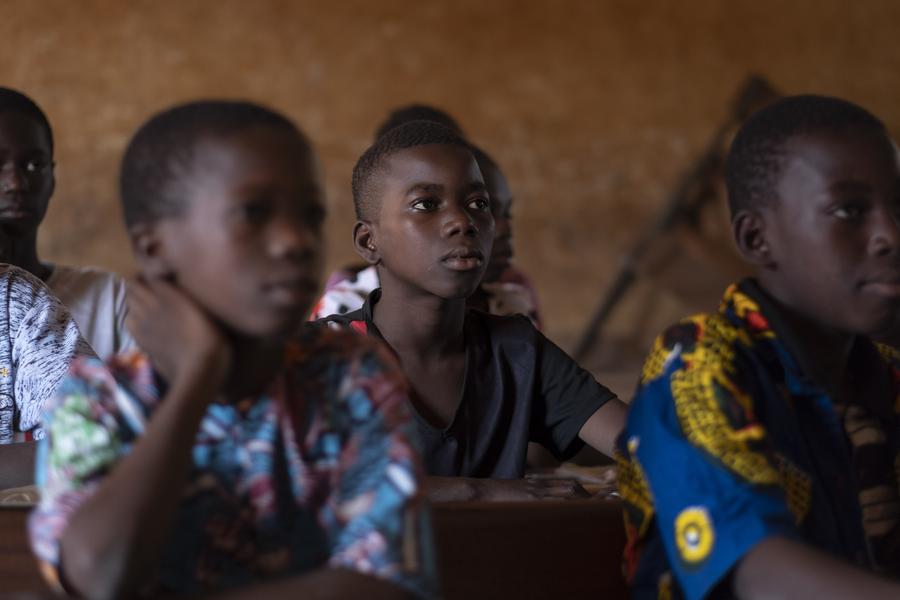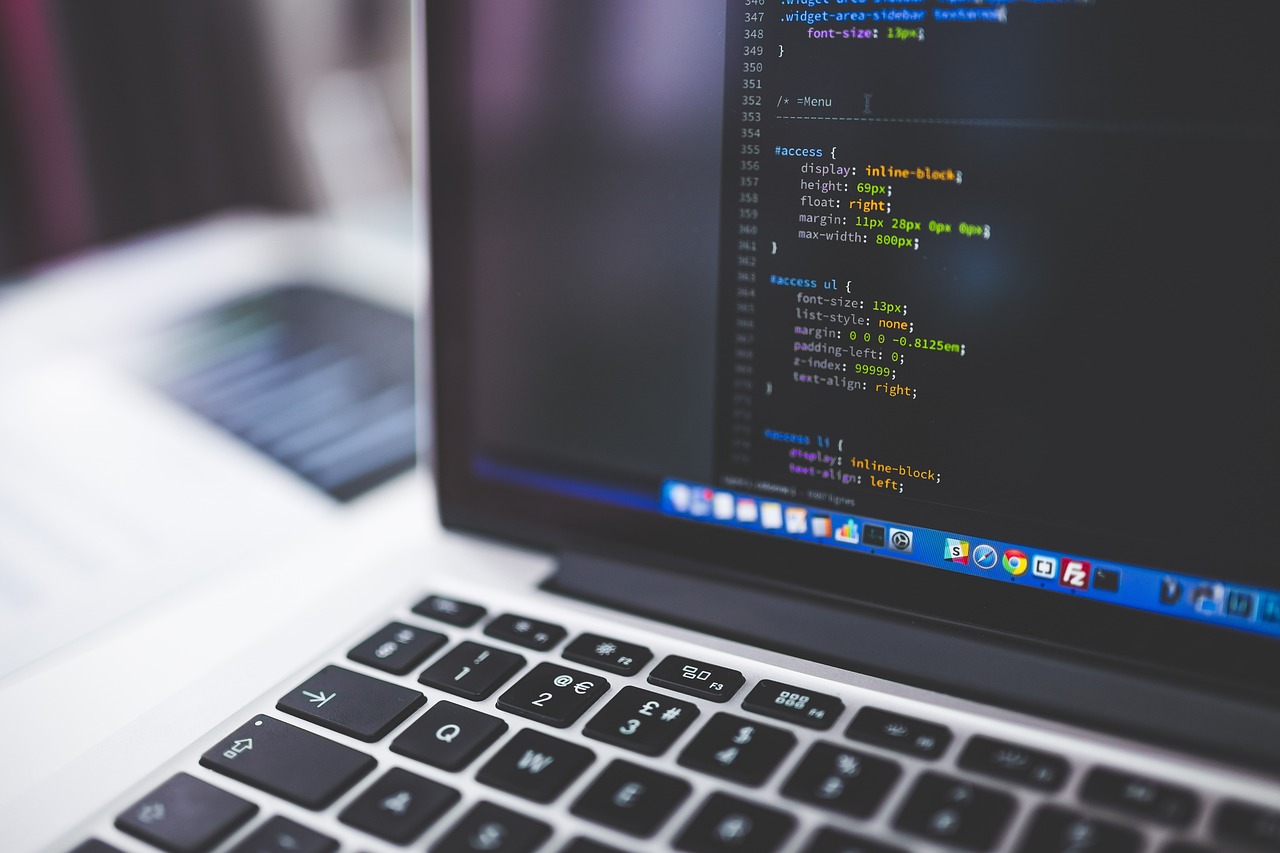Context
Ghana's education system faces a significant learning crisis, with approximately 80% of children not acquiring basic literacy and numeracy skills by the end of primary school. This challenge mirrors a broader global issue, where 70% of children in low- and middle-income countries struggle to read and understand a simple text by age 10. Traditional teaching methods, often based on age or grade level, fail to address the diverse learning needs of students, leading to widespread underachievement and educational inequity.
Solution Design
To tackle this crisis, Ghana, supported by UNICEF and the Gates Foundation, implemented the Differentiated Learning Plus (DL+) programme. Central to this initiative is the Teaching at the Right Level (TaRL) approach, which tailors instruction to each student's current learning level rather than their age or grade. Initially rolled out in Grades 2 to 6 across 501 schools, there are plans to expand the programme to all 10,000 primary schools nationwide.
A pivotal component of DL+ is the development of the DL+ Dashboard—a collaborative effort between UNICEF, the Ghanaian government, and key education agencies. This dashboard consolidates assessment data, providing real-time insights into student progress. It empowers educators, school leaders, and policymakers to make informed, data-driven decisions, ensuring timely interventions and support where needed.
Potential Impact
The DL+ programme holds the promise of transforming Ghana's education landscape by:
-
Enhancing Learning Outcomes: Personalized instruction based on individual learning levels aims to improve literacy and numeracy skills among primary school students.
-
Promoting Equity: By addressing the specific needs of each learner, DL+ seeks to reduce educational disparities, ensuring that all children, regardless of background, have the opportunity to succeed.
-
Strengthening Data-Driven Decision-Making: The DL+ Dashboard facilitates real-time monitoring and analysis, enabling stakeholders to respond promptly to learning gaps and challenges.
-
Scalability and Sustainability: With government ownership and integration into national education strategies, DL+ is positioned for sustainable, nationwide implementation, potentially serving as a model for other countries facing similar educational challenges.













